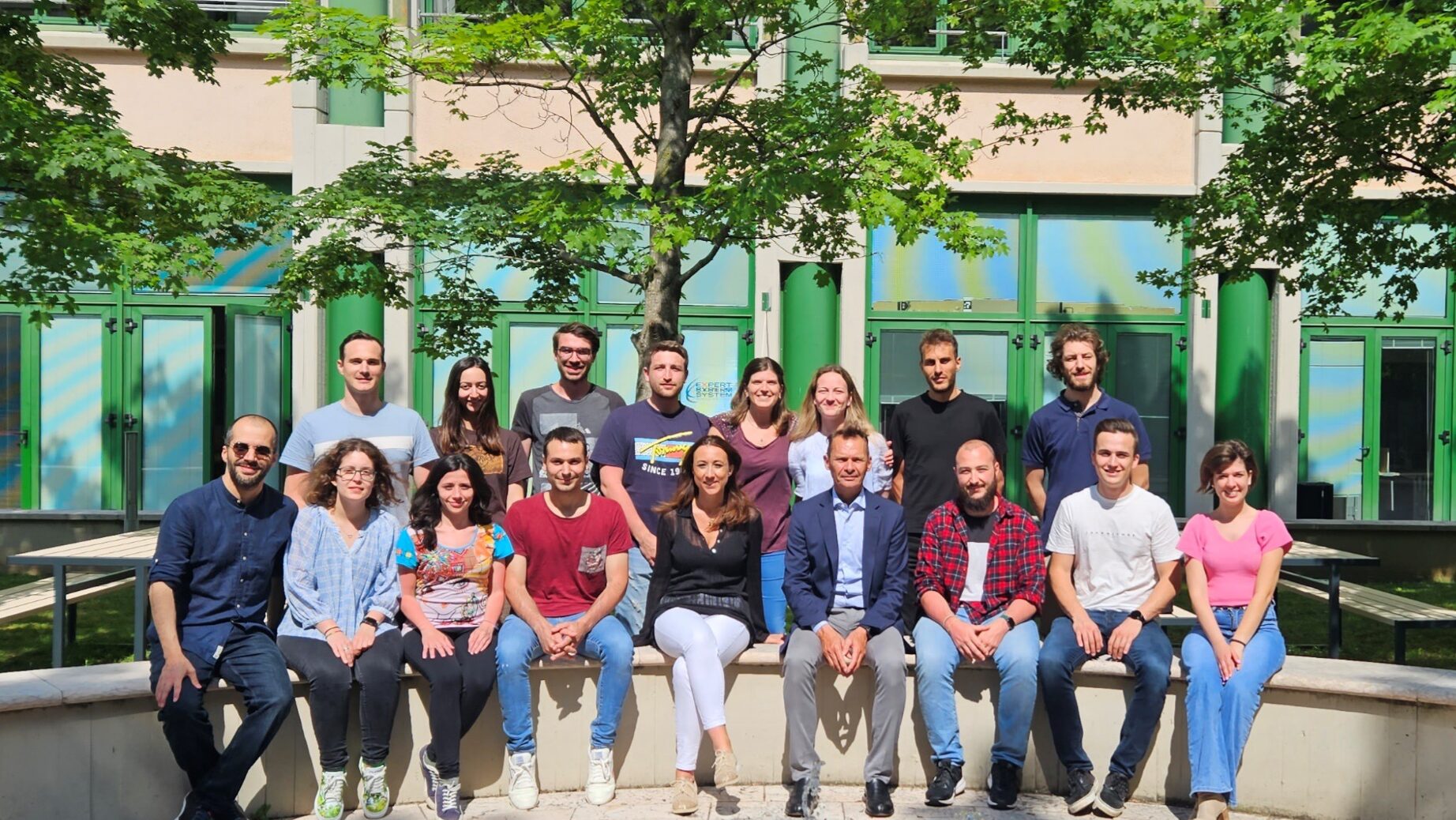
Customer Stories
Revolutionizing Large-scale Genotyping with CRISPR-Cas9-driven Repeat Depletion in Lentil
The lentil (Lens culinaris) is a legume crop providing a rich dietary protein source for millions worldwide. The transition to plant-based diets is considered a crucial step to feed a growing population while mitigating the impact of climate change. Since the main challenge to diet shift is the plant-based protein supply, the solution is represented by introducing food legumes into our diets. However, the large size (3.76 Gb) and highly repetitive nature (84%) of its genome have made genome-wide sequencing expensive and challenging. This is where the innovative use of CRISPR-Cas9 technology by the Functional Genomics Laboratory, directed by Professor Massimo Delledonne (University of Verona) in collaboration with Professor Roberto Papa (Polytechnic University of Marche), has revolutionized the field of genomics and helped unlock new opportunities for lentil breeders and farmers.

Increased Discovery
Moreover, the CRISPR-Cas9-driven repeat depletion method enabled the researchers to rescue thousands of heterozygous variants that would have otherwise been missed due to low coverage. The technique performed equally well regardless of the library type, genotyping method, or cultivar, including a closely related species (L. orientalis).
Reduced Cost
Additionally, CRISPR-Cas9-mediated repeat depletion can reduce sequencing costs (~75% in lentil), because the same number of genotyped bases (or detected variants) in single-copy regions can be seen with much less sequencing data. CRISPR-Cas9-mediated repeat depletion combined with Twist multiplex libraries is, therefore an effective strategy for genotyping projects involving hundreds or thousands of samples. Dealing with less-repetitive datasets can also reduce the complexity of the genotyping analysis and the computational resources required.
Population studies, eQTL analysis, GWAS and pre-breeding programs are some approaches that can benefit from CRISPR/Cas9-mediated repeat depletion.
“I am very satisfied with the performance of the Jumpcode CRISPRclean for lentil repeat depletion. It has significantly improved the accuracy and efficiency of our analysis in lentils, and I’m sure that the same method will be beneficial also for other species having similarly big and repetitive genomes. The Jumpcode team has been extremely supportive in the setup, optimization phase, and discussion of the results, truly working with us to achieve our goals.”
Marzia Rossato, PhD.

Using CRISPR-Cas9-driven repeat depletion in lentil genomics has significantly improved the accuracy and efficiency of genotyping in large and repetitive genomes. This innovative approach has opened new avenues for the genetic improvement of lentils, paving the way for developing more resilient and productive lentil varieties that can contribute to food security and nutrition for future generations.